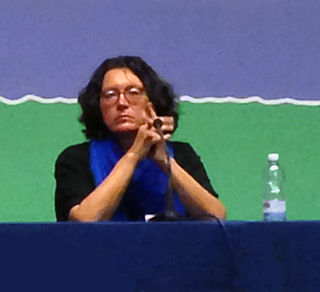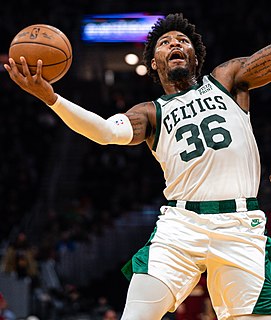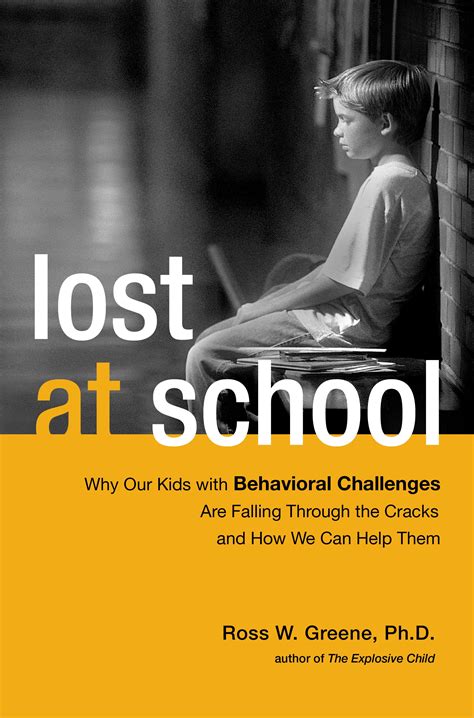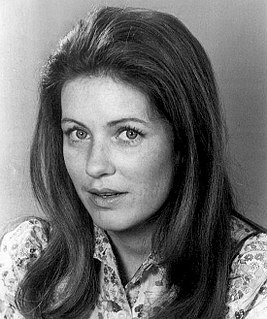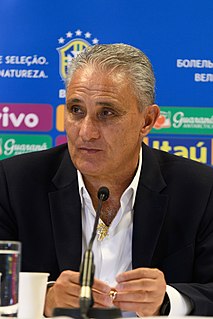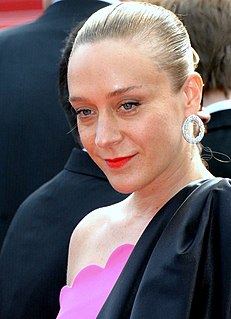A Quote by Christian Boltanski
When I was four or five years old, I heard a lot of stories about the Holocaust because both my parents were survivors. I'm sure that was very important in my life. My father snuck out from under the floorboards to make love to my mother. I can't imagine why they kept me.
Related Quotes
I believe that at the beginning of the life of every artist there is some kind of trauma. We have a problem and all of our life we try to speak about this problem. My trauma was historical. When I was three or four, all the friends of my parents were survivors of the Holocaust; they spoke a lot about that. My father was hiding during the war, it was something totally present when I was a boy. It is sure that it has made me.
As a child, I remember asking my parents when I was five years old, "How come if you are not Zionists, you came to the country?" I was surprised at myself that I asked this question. It means that it was always in the air. Then years later I understood it was because of the Holocaust, because they were refugees. They did not come as immigrants and, because of the illusions of the '50s and the late '40s, my mother said, "The world must be better." She could not imagine that it wouldn't be different.
I didn't have a lot of skin care products when I was a kid - my parents were very au naturale - and I think I was about 9 years old when my girlfriend told me she used Biore. I was like, 'Hmm, never heard of it.' So my mom took me to the store, and I picked out five different things and have been literally using it ever since.
A lot of parents aren't exactly sure how to go about solving a problem with a kid in a way that's mutually satisfactory - doing that with their child feels very foreign to a lot of people. It probably explains why so many parents tell me their kids don't listen to them and why so many kids tell me that they don't feel heard.
My parents found tradition and ritual very important, because they were both brought up that way and found comfort in it. They thought it was important for children to be kept on a schedule. You went home for the holidays, you went to mass on Sunday - no ifs, ands, or buts. That was ingrained in me from a very young age, and I think that's informed who I am in so many aspects of my life. I crave stability and a schedule and the security that comes along with it.



